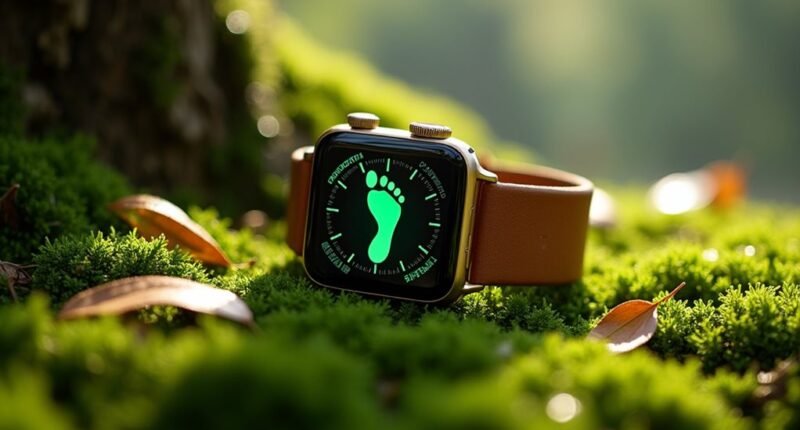Apple is under legal scrutiny in Northern California due to a class-action lawsuit challenging its carbon-neutral claims for the Apple Watch Series 9 and other models. Plaintiffs allege that Apple’s marketing deceives consumers by overstating the environmental benefits of their products, likening the situation to greenwashing—where companies put a shiny eco-label on potentially misleading practices. This case might reshape how we view “green” claims and just how green those claims actually are—stay tuned for more on this unfolding story!
Legal Challenges to Apple’s Carbon Neutral Claims
What if a product that claims to be saving the planet turns out to be more of a green mirage than a sustainable oasis? Apple, the tech giant known for its sleek gadgets, is currently facing legal scrutiny over its carbon-neutral claims for its smartwatches, namely the Apple Watch Series 9, SE (2nd generation), and Ultra. A class-action lawsuit filed in Northern California is challenging whether these claims are more than just clever marketing spin—cue the dramatic music.
The lawsuit suggests that Apple’s carbon offset projects, which include initiatives in Kenya’s Chyulu Hills and China’s Guinan region, might not deliver the genuine environmental impact the company suggests. Imagine paying extra for a fancy organic salad only to discover it’s just regular lettuce with a sprig of parsley on top. The plaintiffs argue that these carbon offset projects do not result in true reductions in carbon emissions, raising eyebrows and questions about what “carbon neutral” really means. Additionally, the 75 percent of reductions claimed by Apple are said to come from production changes rather than genuine emissions cuts. The suit also alleges violations of the California Unfair Competition Law, which could further complicate Apple’s defense.
Apple’s carbon offset projects may be more style than substance, prompting questions about the true meaning of “carbon neutral.”
In a world where consumers are increasingly savvy about sustainability, the stakes are high. People are willing to pay a premium for products that promise to help the environment, but what happens when that promise is deceptive? The lawsuit highlights that Apple’s marketing could be misleading, leaving consumers feeling duped—like finding out your “eco-friendly” tote bag is made from the same plastic as the water bottle you just tossed. This case represents a classic example of corporate greenwashing, where companies make environmental claims that are exaggerated or unsubstantiated to appeal to eco-conscious buyers.
This case could set a new legal precedent, forcing companies to be more transparent about their environmental claims and the quality of their carbon offset projects. It’s a bit like telling the kid at the science fair that their volcano is just baking soda and vinegar.
If the plaintiffs win, it could reshape how companies market their environmental benefits, and consumers might just think twice before shelling out extra for those “green” labels. In the end, it’s a reminder that not everything that glitters is gold—or, in this case, green.









